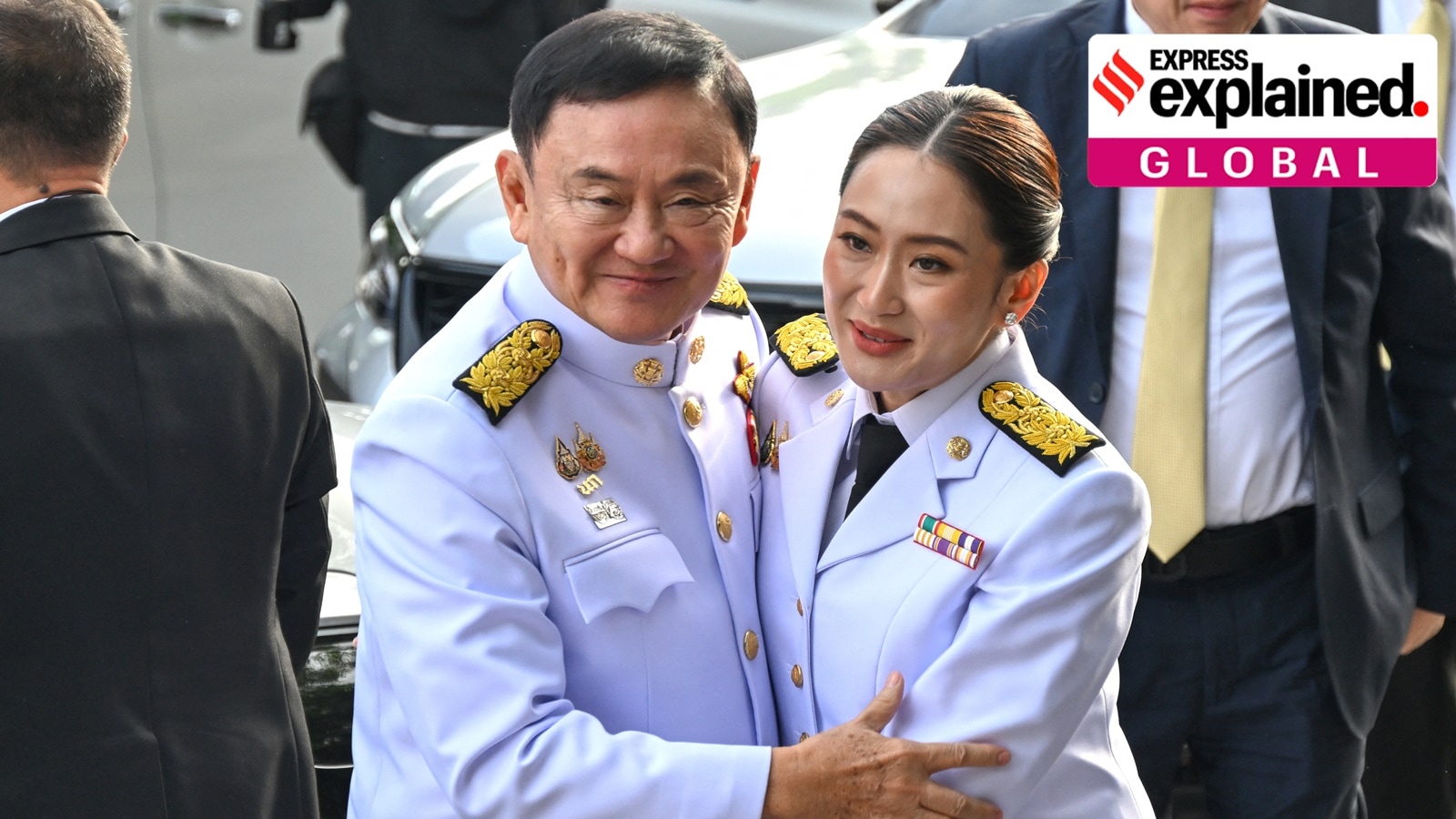 |
|
The recent election of Paetongtarn Shinawatra as Thailand's Prime Minister marks a significant return to power for the Shinawatra family, a dynasty that has dominated Thai politics for decades. This event has sparked both hope and concern about the future of democracy in the country, as the Shinawatras have faced numerous challenges and controversies during their time in power. Paetongtarn, the youngest daughter of former Prime Minister Thaksin Shinawatra, inherits a legacy of both popularity and political turmoil, raising questions about her ability to navigate the complex political landscape of Thailand.
The Shinawatras have a long history of both popularity and controversy in Thailand. Thaksin, a former businessman turned politician, rose to power in 2001, promising to improve the lives of ordinary Thais with social welfare policies. His populist approach and focus on rural development earned him widespread support, particularly among the poor and rural population. However, his policies and business dealings also attracted criticism, with allegations of corruption and cronyism. Thaksin was eventually overthrown in a military coup in 2006, accused of abuse of power.
His sister Yingluck followed in his footsteps, becoming Prime Minister in 2011. She continued many of his policies but faced similar challenges, eventually being forced from power in another military coup in 2014. The Shinawatra family's consistent return to power, even after being ousted by military interventions, reflects their deep connection with the Thai people, particularly those who benefited from their social welfare programs. However, their return to power also raises concerns about the influence of powerful elites, such as the monarchy and the military, who have historically sought to maintain their grip on the political system.
Paetongtarn's election comes amidst a backdrop of political instability and a struggle for democratic reform. The Move Forward Party (MFP), which had gained significant support among the youth for its progressive agenda, including reforms to the lèse majesté laws that protect the monarchy from criticism, was recently dissolved by a constitutional court. This event has been widely interpreted as a blow to democratic aspirations in Thailand, with critics seeing it as an attempt to stifle dissent and maintain the status quo.
The rise of Paetongtarn Shinawatra to the premiership signals a complex political reality in Thailand. While her election represents the return of a powerful political dynasty, it also raises questions about the future of democracy and the balance of power in the country. The Shinawatra family's ability to regain political influence despite numerous setbacks highlights the deep divisions and underlying political tensions in Thai society. The coming years will be crucial in determining whether Thailand can achieve genuine democratic reforms and address the challenges of political instability and economic development.
Source: What the rise of 37-year-old Paetongtarn Shinawatra as Thailand’s PM means for its politics
